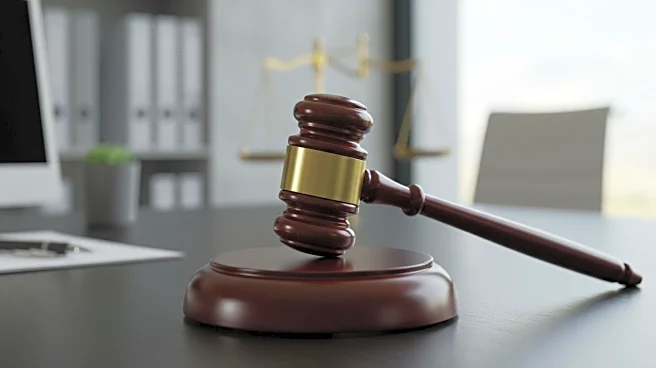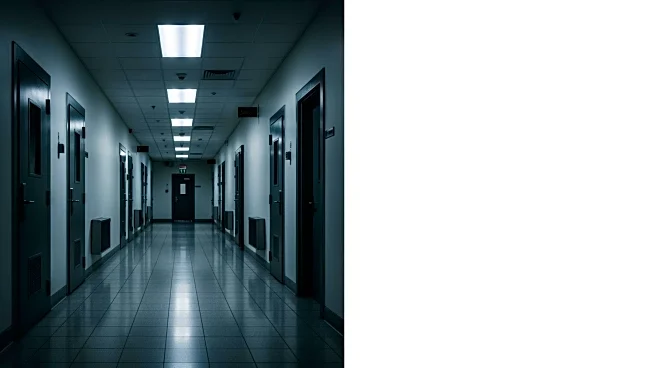What is the story about?
What's Happening?
Lloyd Howell Jr., the Executive Director of the NFL Players Association (NFLPA), has resigned following reports of financial misconduct. Howell's resignation comes after allegations surfaced that he expensed trips to strip clubs to the union. In a statement, Howell acknowledged that his leadership had become a distraction and announced his immediate departure to allow the NFLPA to focus on its members. Reports indicate that Howell billed the NFLPA for expenses incurred at Tootsie's Cabaret in Miami, including car services and cash withdrawals. Additionally, Howell faced scrutiny for holding a consultancy role with The Carlyle Group, a firm involved in NFL franchise ownership, raising conflict of interest concerns. Howell also reportedly withheld information from players regarding an arbitration ruling on alleged collusion among team owners to limit quarterback contract growth.
Why It's Important?
The resignation of Lloyd Howell Jr. is significant as it highlights issues of accountability and transparency within the NFLPA, an organization representing the interests of professional football players. Howell's actions, particularly the financial misconduct and potential conflicts of interest, could undermine trust in the union's leadership. The controversy also brings attention to the broader issue of financial ethics in sports organizations. The NFLPA's ability to effectively advocate for players' rights and negotiate contracts may be impacted by this leadership change. Furthermore, the situation underscores the importance of clear communication and transparency between union leaders and their members, especially regarding sensitive matters like arbitration rulings.
What's Next?
The NFLPA will need to appoint a new Executive Director to lead the organization and restore confidence among its members. The union may also conduct an internal review to address the financial and ethical concerns raised by Howell's actions. Additionally, the NFLPA might face pressure to improve its governance and oversight mechanisms to prevent similar issues in the future. Stakeholders, including players and team owners, will likely monitor the situation closely to assess the union's stability and effectiveness in representing player interests.















